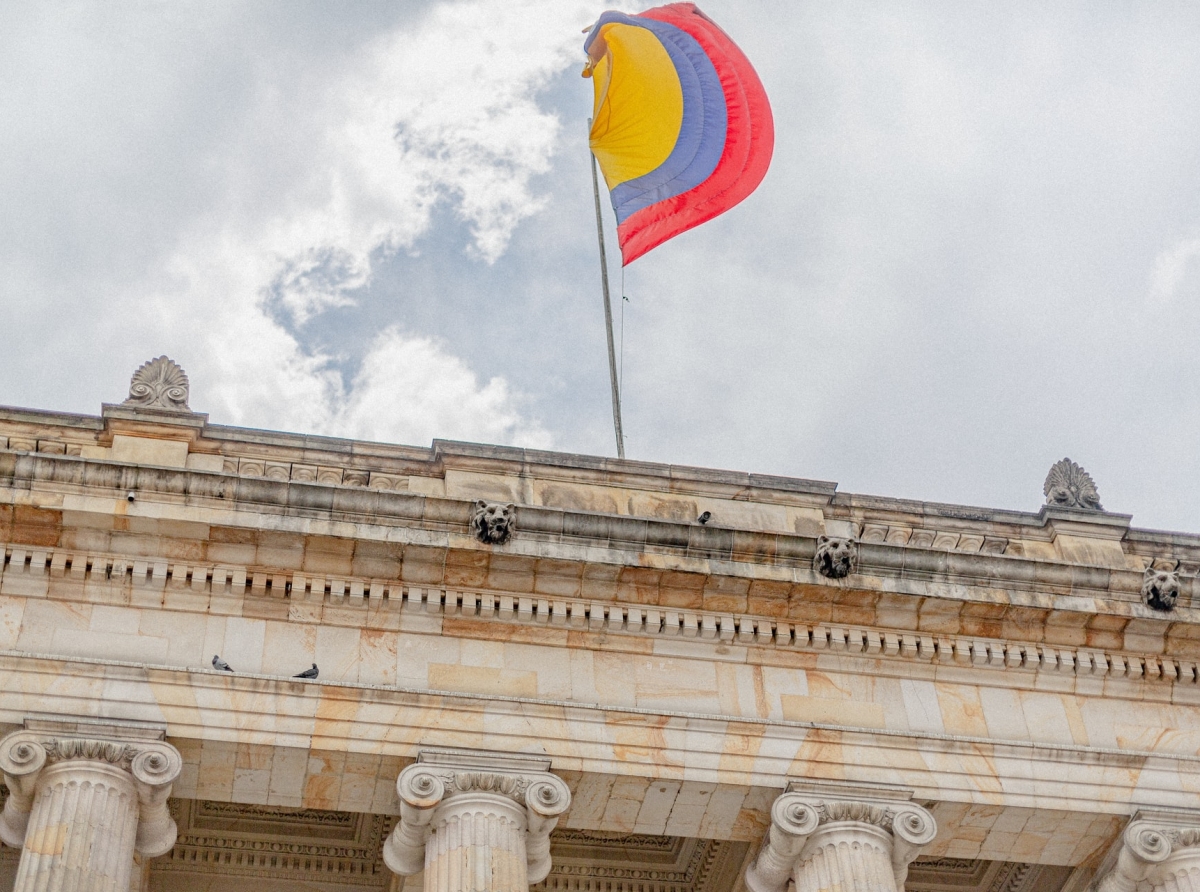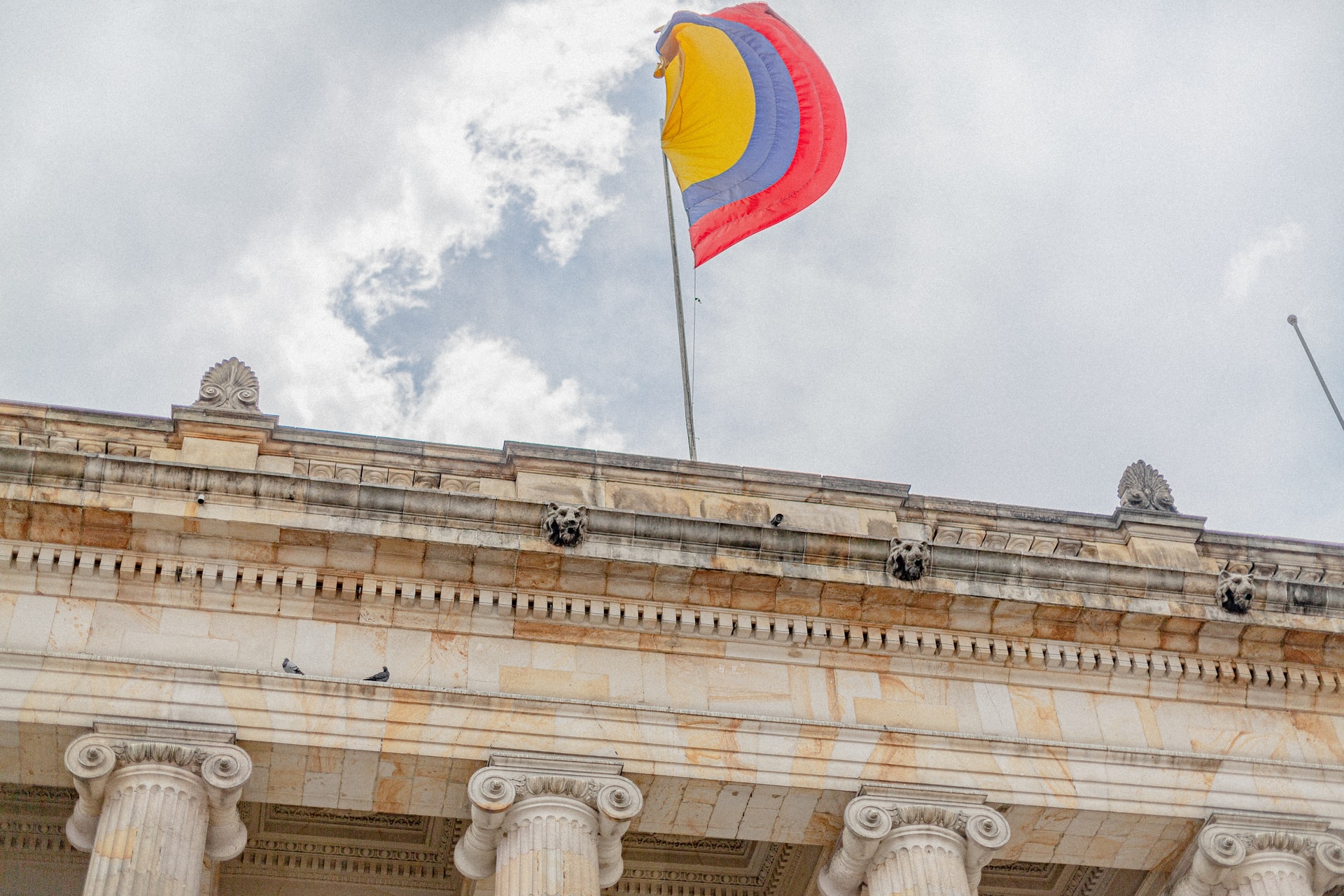Colombia makes strides in regulating the bitcoin market

In Colombia, Senator Mauricio Toro yesterday announced new changes to his own bill that aims to introduce cryptocurrency-friendly regulations in the country.
According to the Colombian senator , the law is mainly aimed at controlling the black market, ensuring safer transactions and promoting alternatives to the traditional banking system.

Colombia makes strides in regulating the bitcoin market
To this end, the bill establishes a number of requirements for national and foreign exchanges seeking to operate in the country and requires them to register with the Colombian authorities. In addition, companies must clearly state their corporate purpose as crypto-asset exchange services for consumers and provide information about the risks associated with the irreversibility of cryptocurrency transactions if the bill becomes law.
Uruguay is also joining the recent wave of policy initiatives to regulate the bitcoin and cryptocurrency industry in Latin America, just as Colombia is taking its own steps to update its existing crypto framework.
Yesterday, Uruguayan businessman and Senator Juan Sartori unveiled a formal draft bill to regulate cryptocurrency. The proposed law aims to fill legal loopholes associated with the crypto industry in order to prevent crimes related to the use of digital assets.
Yesterday, Uruguayan businessman and Senator Juan Sartori unveiled a formal draft bill to regulate cryptocurrency. The proposed law aims to fill legal loopholes associated with the crypto industry in order to prevent crimes related to the use of digital assets.
The bill proposes three mandatory licenses for those interested in participating in the cryptocurrency industry.
The first is a license granted to those who act as intermediaries in the markets. In this case, both centralized and peer-to-peer exchanges operating in the country must be registered as such.
The second is a license to hold cryptoassets, meaning that any business that protects its customers' assets must have this registration. This category includes wallet providers, cryptocurrency exchanges, and banks and financial institutions that will offer services such as savings accounts, storage and loans to cryptocurrency users.
The first is a license granted to those who act as intermediaries in the markets. In this case, both centralized and peer-to-peer exchanges operating in the country must be registered as such.
The second is a license to hold cryptoassets, meaning that any business that protects its customers' assets must have this registration. This category includes wallet providers, cryptocurrency exchanges, and banks and financial institutions that will offer services such as savings accounts, storage and loans to cryptocurrency users.
The third is a license to issue cryptoassets or tokens with financial characteristics. In this sense, ICOs and companies interested in issuing staplecoins or proprietary tokens (as opposed to JP Morgan's JPM Coin in the U.S.) must have the appropriate license before launching their token.
Under the bill, crypto-mining would not require these types of special licenses, but would require a permit issued by the Department of Industry. According to the Department of Industry and Commerce's industry registry, mining would be considered an "industrial activity" - meaning that it falls under the department's purview - and the permitting process would remain relatively straightforward.
Under the bill, crypto-mining would not require these types of special licenses, but would require a permit issued by the Department of Industry. According to the Department of Industry and Commerce's industry registry, mining would be considered an "industrial activity" - meaning that it falls under the department's purview - and the permitting process would remain relatively straightforward.














Report
My comments